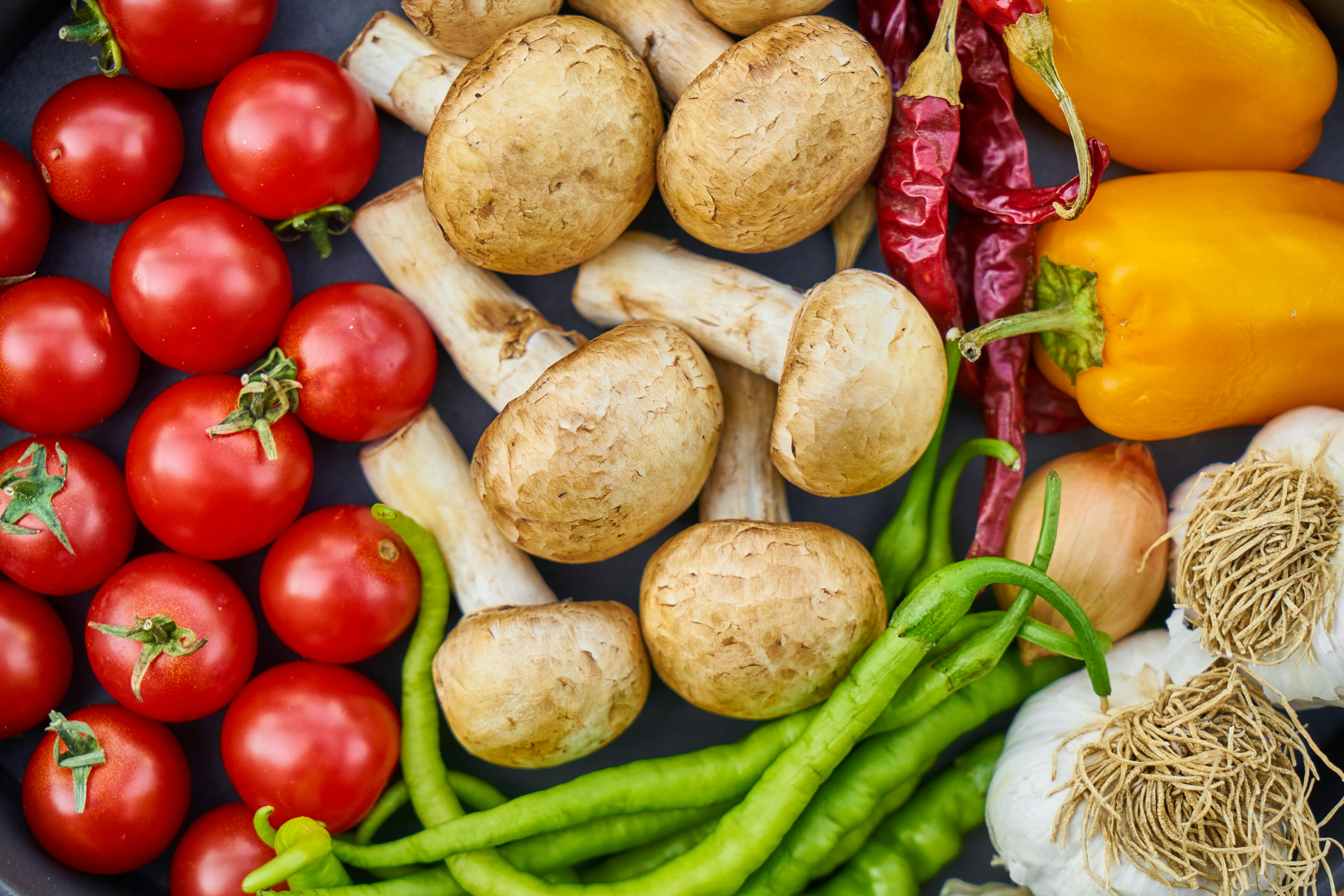The heart is one of the most vital organs in the body, and it's crucial to take care of it. Heart disease is a leading cause of death worldwide, and heart attacks can happen to anyone. However, adopting a heart-healthy diet can significantly reduce the risk of heart attack and other cardiovascular diseases. In this article, we'll explore the essential elements of a heart-healthy diet for heart attack prevention.
The Heart-Healthy Diet for Heart Attack Prevention: Key Elements
Eat a Variety of Fruits and Vegetables Fruits and vegetables are excellent sources of nutrients, vitamins, and minerals that support heart health. They're rich in fiber, which can lower cholesterol levels, and antioxidants that reduce inflammation. Aim for at least five servings of fruits and vegetables per day, and choose different colors to ensure you're getting a variety of nutrients.
Include Healthy Fats in Your Diet Not all fats are bad for your heart. Healthy fats like those found in nuts, seeds, olive oil, and fatty fish are essential for heart health. They can help lower cholesterol levels, reduce inflammation, and prevent blood clots. Incorporate these healthy fats into your diet by snacking on nuts, cooking with olive oil, and adding fatty fish like salmon or mackerel to your meals.
Choose Whole Grains over Refined Grains Refined grains like white bread, pasta, and rice can increase your risk of heart disease, while whole grains like brown rice, whole-wheat bread, and quinoa are excellent for your heart. They're high in fiber, which can lower cholesterol levels and reduce the risk of heart disease.
Limit Saturated and Trans Fats Saturated and trans fats can increase cholesterol levels and increase the risk of heart disease. They're commonly found in fatty meats, full-fat dairy products, and processed foods. Limit your intake of these fats and choose healthier options like lean meats, low-fat dairy products, and whole foods.
Reduce Salt and Sugar Intake High salt and sugar intake can lead to high blood pressure, which is a significant risk factor for heart disease. Reduce your intake of processed foods, which are high in salt and sugar, and avoid adding salt to your meals. Instead, use herbs and spices to add flavor.
FAQs:
Q. Can a heart-healthy diet prevent heart attacks? A. Yes, adopting a heart-healthy diet can significantly reduce the risk of heart attack and other cardiovascular diseases.
Q. What are some heart-healthy fats? A. Some heart-healthy fats include those found in nuts, seeds, olive oil, and fatty fish.
Q. How can I reduce my salt intake? A. You can reduce your salt intake by avoiding processed foods, which are high in salt, and using herbs and spices to add flavor instead.
Conclusion: A heart-healthy diet is an essential component of heart attack prevention. By incorporating a variety of fruits and vegetables, healthy fats, whole grains, and limiting saturated and trans fats, you can nourish your heart and keep it strong. Remember to reduce your salt and sugar intake and choose whole foods whenever possible. Taking care of your heart can help you live a long and healthy life.











